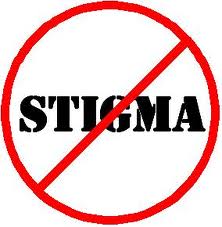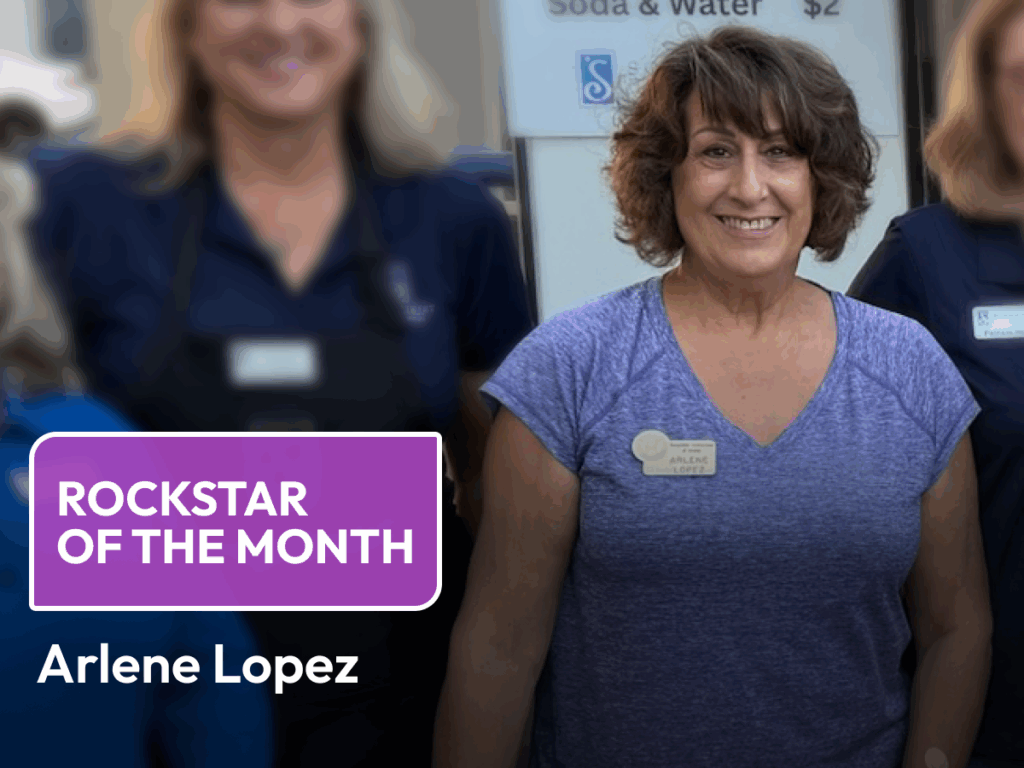Individuals with obesity are stigmatized. They face constant discrimination and unsolicited advice. We carry many negative and prejudicial beliefs that we often don’t notice when it comes to weight and health. There is pretty robust data showing that stigma (of any kind) is associated with depression, low self esteem, and anxiety. This week a great study came out in Obesity looking at the actual metabolic consequences of internalizing stigma. There are not a lot studies looking at stigma and cardio-metabolic risk which makes this study great. But I like this study because it only looked at weight bias internalization(i.e self-directed stigma) defined as when people apply “negative stereotypes to themselves and devalu[e] themselves due to their weight.”

I see ‘self-directed blame’ all the time and I spend a lot of time trying to coach patients out of it. One of Enara Health’s missions is to tackle weight bias and stigma. It takes a huge emotional toll on individuals and it’s hard to shake loose. I have seen people who have accomplished amazing things but think they are failures because they can’t control their weight. Based on this study, we now know that this self-blame has drastic metabolic consequences.
What were the key findings of the study?
- Participants high in WBI (weight bias internalization) had three times greater odds of having metabolic syndrome. Metabolic syndrome is a group of risk factors that are known to put you at up ten-fold risk for heart disease, diabetes and stroke. It’s driven by insulin resistance and higher insulin levels which make it harder to lose weight.
- Participants high in WBI (weight bias internalization) have six times greater odds of having high triglycerides and/or taking medication than participants low in WBI. Triglycerides are also carefully connected to insulin resistance.
How is self blame connected to insulin resistance and increased cardiac risk?

- Stigma and self-stigmatizing likely lead to a state of physiological arousal (emotional swings, fear, anxiety, etc).
- This in turn activates hypothalamic-pituitary-adrenocoritcal axis (i.e putting your body in state of constant stress). This increases your inflammation, blood pressure, and cortisol levels.
- Cortisol will elevate your sugar levels and when chronically stressed cause insulin resistance, high insulin levels, and fat storage. As you gain weight your insulin resistance gets worse which makes it harder for you to lose weight.
- The hypothalamus regulates appetite and with its activation comes hunger which can lead to emotional or binge eating.
As you can see – this cascade is hard to beat. People who internalize stigma are also less active (because they are conscious about how others view their bodies) and more likely to avoid or delay preventive care(because of weight bias in healthcare), thus increasing risk for disease progression.
Say No To Self Blame
We have to change the way we think. Neither weight nor what we eat is really an active choice. They are byproducts of our biological-environmental-behavioral ecosystems. We have to stop glamorizing quick fixes. The next time you hear someone say ‘losing weight was easy…” Tell them to stop. Losing weight is easy for some but not for most people. Keeping weight off is a struggle for everyone.That is why we created Enara Health– to figure out a way to help people keep the weight off! Commercials that advocate that you can lose weight and eat bacon and pizza only perpetuate stigma.
[youtube https://www.youtube.com/watch?v=jeEUjm2Zrss]
Stigma -particularly internalized stigma – has emotional and biological ramifications. They can actually create disease. Remember that! Beyond weight bias, our attempt to use stigma and/or bias of any sort to justify policy and decisions is no way to make America healthier. (Sorry- had to put in the political plug:)



